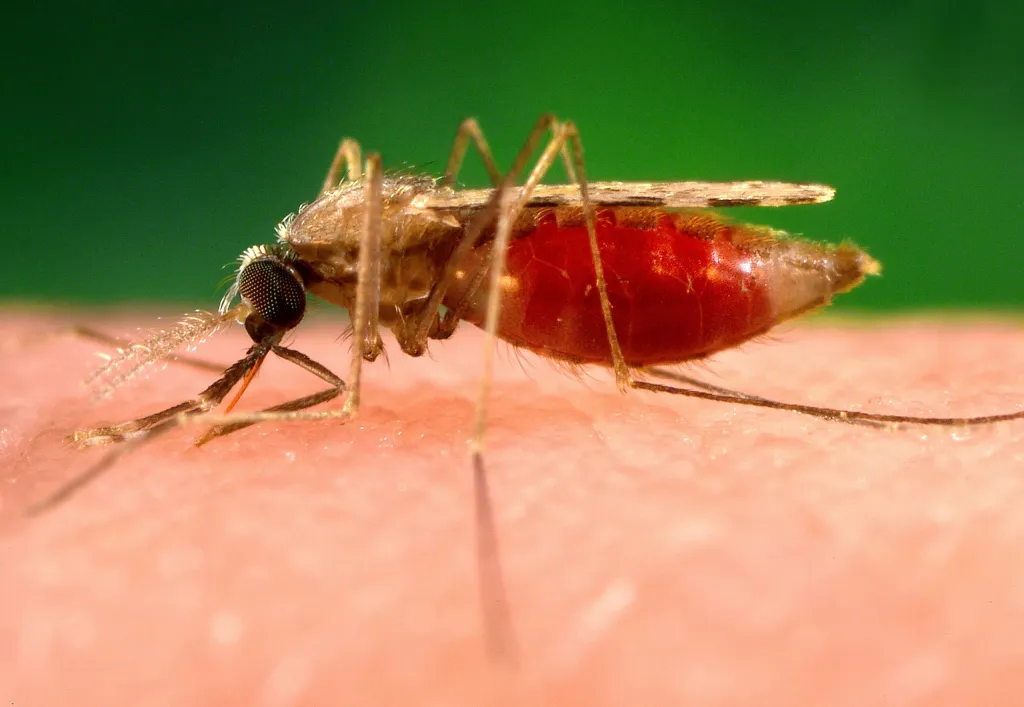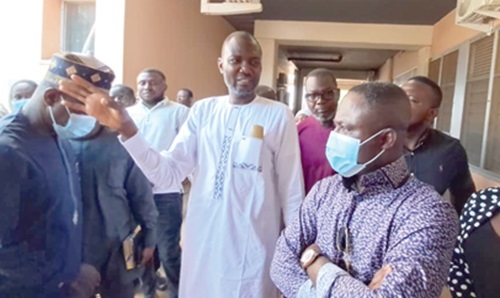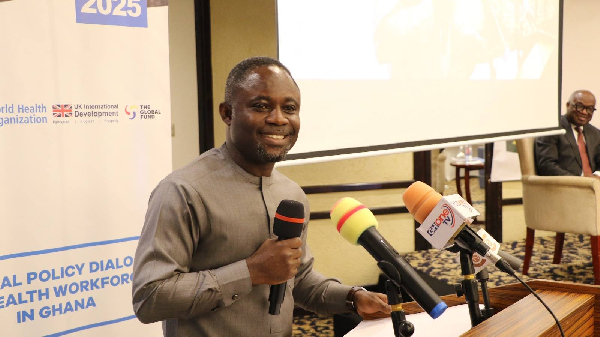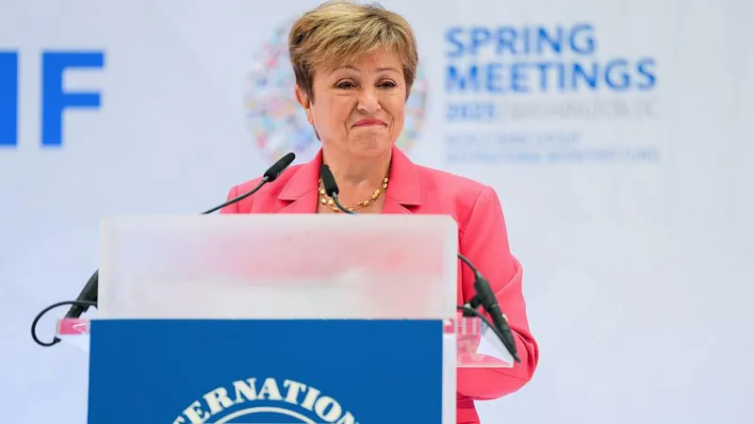Dr Elias Asuming-Brempong, Acting Head of the Biomedical and Public Health Research Unit at the Water Research Institute (CSIR), urged greater funding for malaria research and eradication efforts . Despite notable improvements in data collection, he stressed that malaria still demands urgent action to eliminate it across Africa . His appeal came during the Department’s World Malaria Day event, held under the global theme “From Bites to Breakthroughs – Reinvest, Reimagine, and Reignite” and the sub-theme “Sharing Concepts of Disease Prevention and Control to Reignite Investments in Malaria Research” .
He highlighted that sub-Saharan Africa accounts for 94 percent of the global malaria burden, with over two million deaths, more than 80 percent of which occur in children under five . While previous initiatives have helped reduce cases in Ghana and the wider region, progress has plateaued . “We need to rekindle our passion and resolve to drive malaria out for a malaria-free Ghana and continent,” he emphasized .

One promising avenue is vaccine development: the RTS,S vaccine currently offers 30–40 percent efficacy, and many more candidates are in the pipeline . Dr Akua Kyerewaa Botwe noted that 130 vaccines are at various stages of development worldwide, with 90 percent targeting the most dangerous species, Plasmodium falciparum . However, parasite resistance to vaccines can develop over time, underscoring the need for sustained investment in research to tackle malaria at its source .
Current control measures in Ghana include distribution of long-lasting insecticidal nets, indoor residual spraying, and larval source management . Complementary interventions comprise RTS,S vaccination, intermittent preventive treatment for pregnant women, seasonal malaria chemoprevention, and the “test, treat, and track” approach . Malaria elimination—defined by WHO as interrupting local transmission of a specified parasite species in a given area—has already been achieved by Cape Verde, Egypt, Lesotho, and Algeria, demonstrating that Ghana could follow suit .
To reach elimination, Dr Betty Bandoh Oppong called on research institutions to back malaria projects (including surveillance and vaccine research), equip laboratories for cutting-edge studies, and foster collaborative initiatives . She also urged scientists to engage communities through education and media outreach . At the individual level, everyone is encouraged to maintain clean surroundings, sleep under treated nets, complete antimalarial courses after testing, vaccinate children against severe malaria, and keep conversations active on prevention, treatment, and elimination—because “malaria elimination is possible and starts with you!”











0 Comments